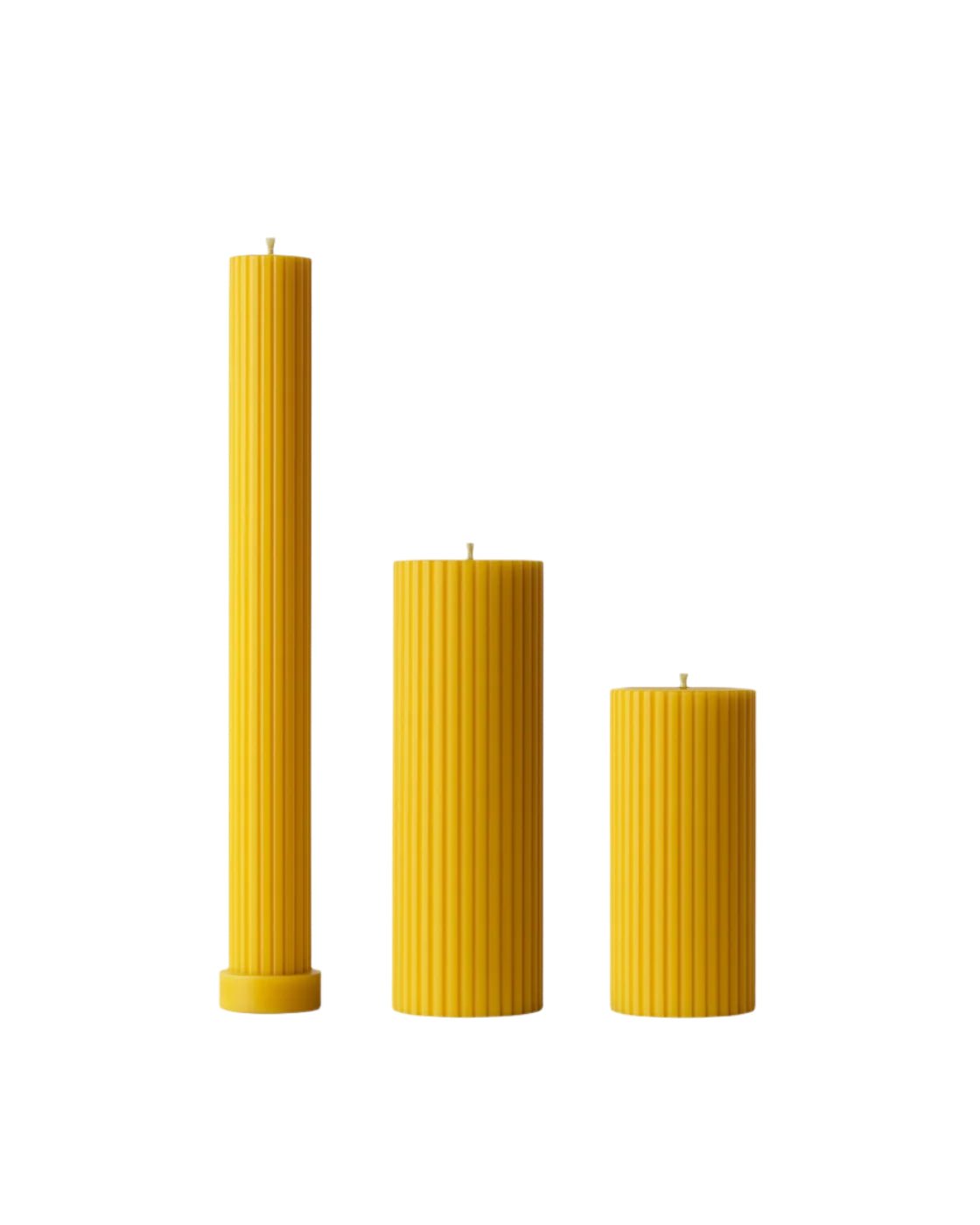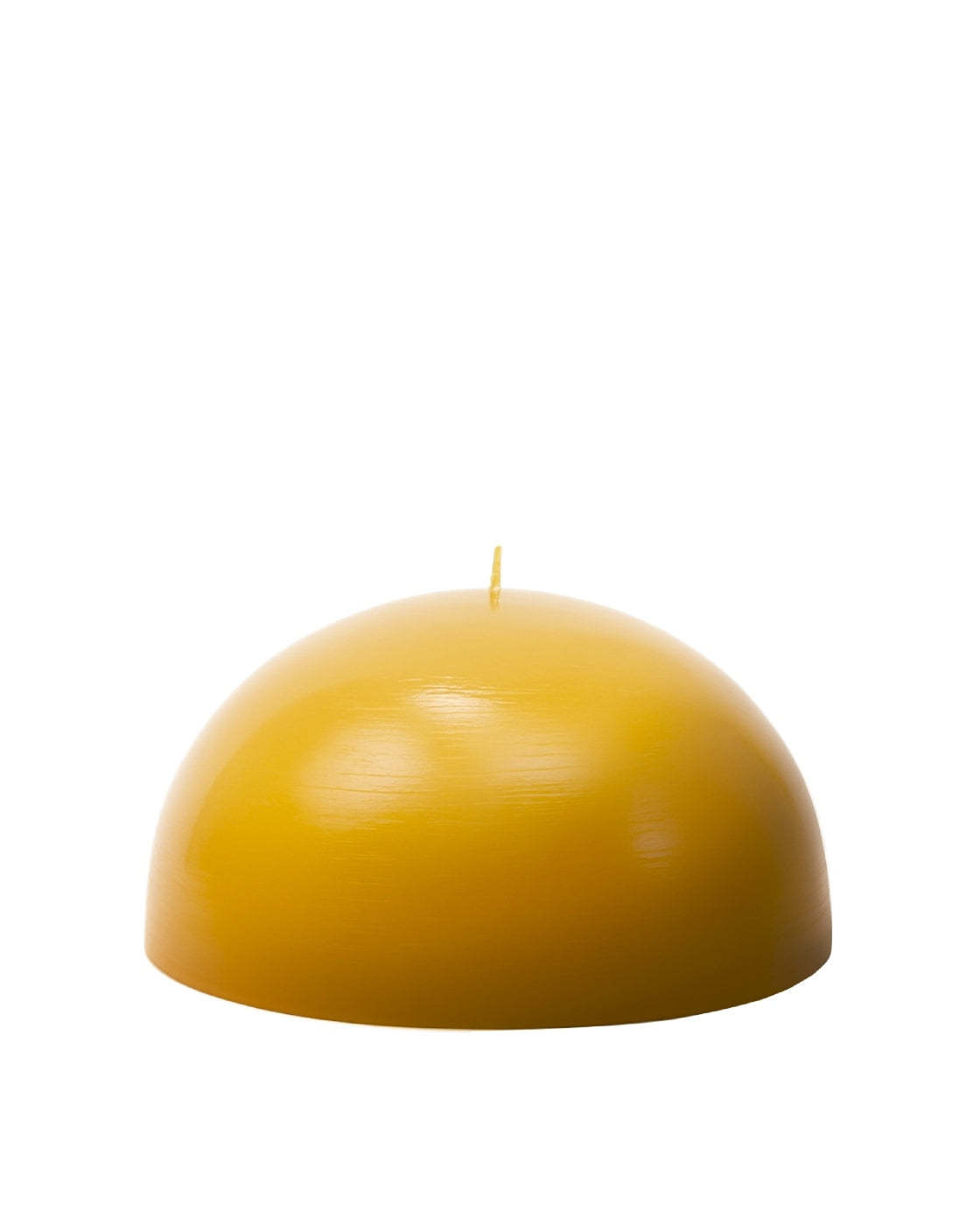The quirky expression "none of your beeswax" has been a staple in playful language for decades. But where did this phrase come from, and how did it become a cheeky way to say “mind your own business”? Let’s explore its fascinating linguistic history and cultural roots.
What Does "None of Your Beeswax" Mean?
“None of your beeswax” is an idiomatic expression that means “it’s none of your business”. It’s often used in a humorous or teasing tone, especially by children or in lighthearted conversations. While the phrase may sound silly, it packs a clear message: stay out of it.
The Origin: Misheard or Intentionally Altered?
Most linguists and language historians agree that the phrase is a playful distortion of “none of your business.” At some point—likely in early 20th-century American slang—“business” was humorously swapped out for “beeswax,” which sounds similar when spoken quickly.
Think of it like a child mispronouncing a word on purpose for effect. Over time, the modified version stuck and became a part of casual vernacular.
First Appearances in Pop Culture
The phrase gained widespread popularity during the 1930s and 1940s, especially in children's entertainment. Classic cartoons and old-time radio shows often featured characters blurting out “none of your beeswax!” in a sassy or comic tone.
Notably, the expression appeared in early Disney and Warner Bros. animations, helping cement its place in American pop culture.
Why "Beeswax" Specifically?
So why “beeswax” and not some other funny word? There’s no definitive answer, but a few theories exist:
- Phonetic similarity: "Beeswax" sounds close enough to “business” to make the joke work.
- Child-friendly language: Using “beeswax” instead of “business” made it feel more whimsical and appropriate for younger audiences.
- Sticky metaphor: Some believe “beeswax” adds a visual, tactile metaphor—as if the issue is sticky and best left alone.
Modern Usage
While less common today, “none of your beeswax” still pops up in casual conversations, nostalgic media, and among people who enjoy old-school idioms. It’s especially popular among fans of vintage slang or those with a playful communication style.
Variations and Similar Phrases
There are many humorous variants that evolved from “none of your beeswax,” such as:
- “Mind your own beeswax”
- “Mind your bees and queues” (a punny mix of “beeswax” and “Ps and Qs”)
- “Buzz off” (another bee-themed way to tell someone to leave you alone)
Conclusion
The phrase "none of your beeswax" may sound whimsical, but it carries a long-standing role in American colloquial speech. Its roots in childhood banter, golden-era cartoons, and linguistic play make it a delightful part of English idiom history. Next time you hear it—or say it—you'll know the buzz behind the beeswax.


































